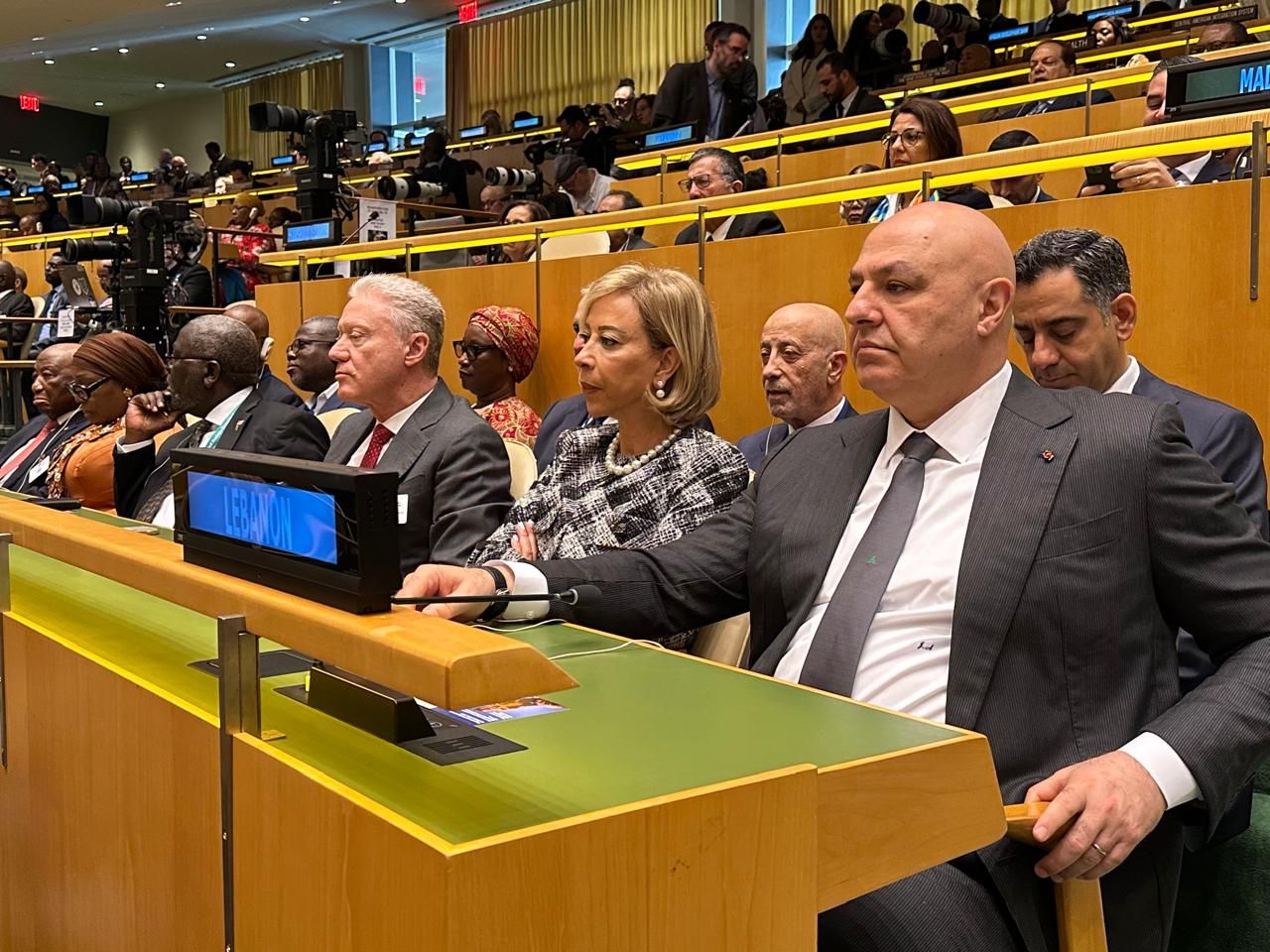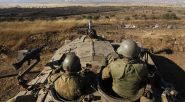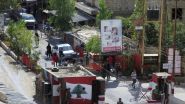
In his address to the United Nations General Assembly, President Joseph Aoun urged the international community to recognize Lebanon’s vital role as a bastion of coexistence in a fractured Middle East.
“There can be no development without peace, and no peace without justice and dignity,” he declared, emphasizing Lebanon’s deep-rooted aspiration for stability.
Aoun reaffirmed Lebanon’s commitment to the ceasefire agreement with Tel Aviv, but called for an immediate end to Israeli airstrikes and the withdrawal of remaining Israeli forces from Lebanese territory. He also demanded the release of Lebanese detainees held by Israel, saying, “We have not forgotten them.”
Aoun placed these demands within the broader regional context, stating that it is “equally essential to bring an end to the conflict in Gaza.” He insisted on the need to address the root causes of violence, rather than merely its symptoms.
At the heart of his message was a passionate defense of what he described as a “unique regional model: Lebanon’s real-life example of communal coexistence within a democratic system based on Christian-Muslim parity.”
“In a region where people are killed for what they believe, Lebanon stands as a singular model that deserves to live, and to be preserved,” he said. “One of the reasons wars have been waged against my country is precisely to undermine this model of coexistence.”
The collapse of this delicate balance, Aoun warned, would not only be a national tragedy, but a loss for the entire region. “It would open the door to rising extremism,” he cautioned. “If this model falls in Lebanon, it cannot be recreated elsewhere.”
Aoun appealed for clear international support for Lebanon, pointing out that the country continues to follow the roadmaps laid out to help it recover. He listed efforts undertaken to reassert state authority across all Lebanese territory, while also highlighting the significant challenges that remain, including the large number of displaced Syrians and the continued instability in southern Lebanon.
He called on the UN and the international community for increased support, and expressed readiness to engage with Syria in a framework of direct negotiations, “with the appreciated mediation of the Kingdom of Saudi Arabia,” to reach agreements on all aspects of bilateral relations. “The aim is to ensure the safe and dignified return of Syrian citizens to their homeland, and to restore a relationship of neighborly cooperation between Lebanon and Syria, one that puts to rest the ambiguities of the past,” he explained.
President Aoun also called for renewed momentum behind the creation of the Academy for Human Encounter and Dialogue, a project initially adopted by the UN General Assembly in 2019 at the initiative of former president Michel Aoun. The academy, he said, reflects Lebanon’s enduring mission as a space for pluralism and dialogue between cultures.
“Lebanon is not asking for special privileges,” he concluded. “It is asking for a fair and just international responsibility, one that will allow it to return to its calling: as a haven for freedom and diversity.”



Comments